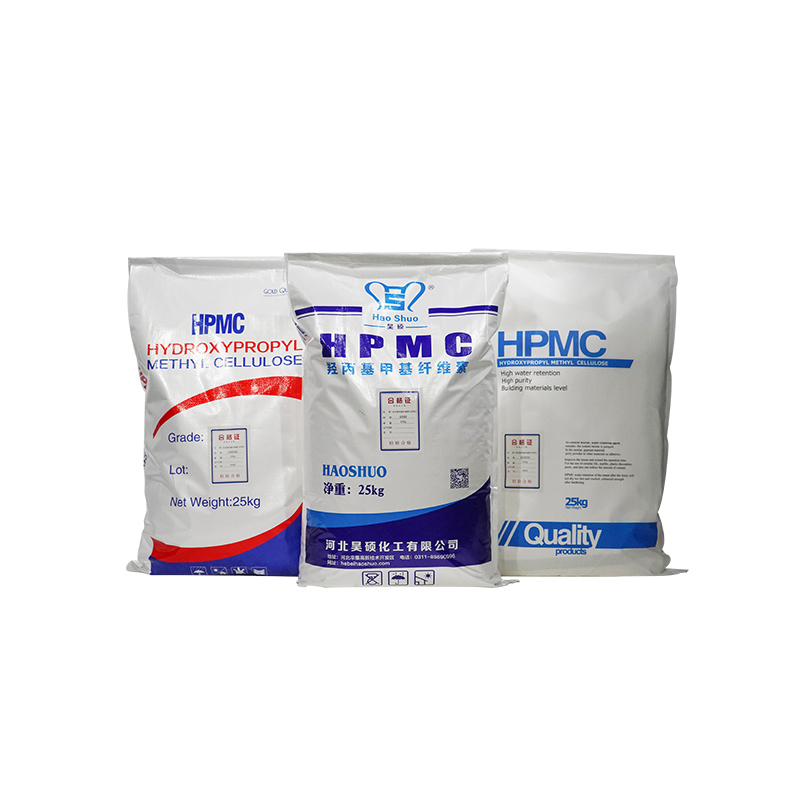Hydroxypropyl Methylcellulose (HPMC) is an essential additive used across a wide range of industries, from construction and pharmaceuticals to food processing and personal care. Its water retention, thickening, film-forming, and stabilizing properties make it an indispensable component in many modern formulations. However, the performance of HPMC depends heavily on its quality, consistency, and proper sourcing.
If you’re involved in any sector that requires high-performance cellulose ethers, choosing the right hpmc supplier is a decision that can significantly impact your product quality, operational efficiency, and brand reputation.
Understanding the Importance of HPMC in Industrial Processes
HPMC is a non-ionic cellulose ether derived from natural plant fibers. It is known for being biodegradable, non-toxic, and safe for human use. The polymer’s unique chemical structure allows it to dissolve in cold water, form gels at specific temperatures, and remain stable under a variety of pH conditions. These features make it ideal for applications such as:
- Tile adhesives and cement-based mortars
- Wall putties and gypsum plasters
- Pharmaceutical tablet binders and coatings
- Food emulsifiers and thickeners
- Personal care products like shampoos, lotions, and creams
Because different industries require different viscosity grades, substitution ratios, and levels of purity, working with a supplier that offers tailored solutions is critical.
What Makes a Good HPMC Supplier?
1. Quality Certifications and Manufacturing Standards
Reliable suppliers invest in high-end production facilities and operate under globally recognized certifications such as ISO 9001, GMP, and FDA approval (for food and pharmaceutical grades). These certifications ensure their products meet international safety and performance standards.
2. Product Range and Customization
A versatile supplier offers a wide range of HPMC grades to suit diverse applications. Whether you need low-viscosity options for pharmaceuticals or high-viscosity materials for construction, they should provide options—and customize grades when needed.
3. Technical Documentation and Support
Top suppliers furnish their clients with detailed technical datasheets, MSDS, COA (Certificate of Analysis), and guidance on formulation compatibility. Some even provide on-site technical consultation to optimize your production processes.
4. Batch Consistency and Traceability
Industrial buyers need assurance that each batch of HPMC will perform identically. A dependable supplier uses advanced quality control systems and provides traceability reports to ensure consistent product performance.
5. Efficient Supply Chain and Global Reach
It’s essential to choose a supplier who can ensure timely delivery, whether locally or globally. Warehousing options, short lead times, and dependable logistics partners make a supplier more reliable in fast-paced manufacturing environments.
Red Flags to Watch for in HPMC Suppliers
Not every supplier on the market can deliver the quality and service your industry demands. Here are warning signs to avoid:
- Lack of third-party certifications
- No product customization options
- Slow communication or poor customer service
- Inadequate technical documentation
- No sample support or application testing
Avoiding these red flags can save your company time, resources, and long-term reputation damage.
Key Applications of HPMC by Industry
Construction
In dry-mix mortars such as tile adhesives, self-leveling compounds, and wall putties, HPMC enhances workability, water retention, and open time. High-viscosity grades are preferred for optimal performance.
Pharmaceuticals
HPMC is used as a binder, film former, and controlled-release agent. Pharma-grade HPMC must meet high purity standards and exhibit consistent dissolution rates to ensure safety and efficacy.
Food Processing
Food-grade HPMC acts as a thickener, stabilizer, and emulsifier in sauces, ice creams, and meat products. It’s also a vegan alternative to gelatin.
Personal Care and Cosmetics
HPMC improves the texture and spreadability of lotions, gels, and creams. It stabilizes emulsions and maintains product consistency during storage.
Benefits of Working with a Specialized HPMC Supplier
Technical Precision
An expert supplier understands the importance of delivering HPMC with precise viscosity, gel temperature, and moisture levels suited for your specific industry needs.
Economical Long-Term Partnership
Quality suppliers offer volume discounts, long-term contract flexibility, and inventory management solutions, helping reduce procurement stress and operational costs.
Innovation and R&D Support
Leading suppliers often have dedicated R&D teams that can help you innovate with new formulations or improve existing ones. This can give your business a competitive edge in product performance.
The Growing Demand for Eco-Friendly HPMC
As sustainability becomes a priority across sectors, more manufacturers are demanding eco-conscious raw materials. HPMC fits this trend well due to its plant-based origin and biodegradable properties. Suppliers committed to green chemistry practices—such as using renewable energy or low-emission production processes—add value to your brand’s environmental goals.
Questions to Ask Before Signing with a New Supplier
To ensure you’re making the best choice, ask potential suppliers the following:
- Can you provide technical specifications and safety data sheets for all grades?
- Are your products compliant with international standards like USP, BP, or JP?
- Do you offer application testing or support for new product development?
- What’s your lead time for bulk orders?
- Can I get free samples for quality testing?
The right supplier will have no hesitation answering these questions transparently.
Final Thoughts
The significance of Hydroxypropyl Methylcellulose in industrial and commercial applications cannot be overstated. From ensuring product stability to enhancing final performance, it plays a pivotal role across many sectors.
Selecting the right hpmc supplier is a critical decision that should never be based on price alone. Look for experience, technical expertise, customization capabilities, and strong after-sales support. When your supplier becomes a partner, you gain a resource that contributes to your success far beyond a simple product transaction.

